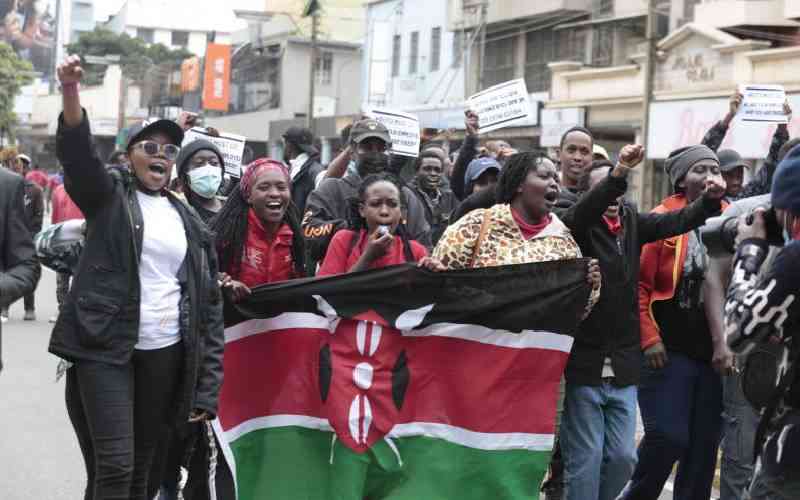
In recent weeks, Kenya has witnessed an unprecedented uprising led primarily by young Kenyans who are fed up with the government's failure to heed the people's will. The trigger for this revolt by Generation Z is the parliament's approval of new taxation measures, which the youth argue are not only punitive but oppressive and exacerbate an already unbearable cost of living. This Gen Z movement represents more than just a protest against taxes; it is a cry for economic justice and an end to policies that disproportionately burden the younger generation.
Economic Climate